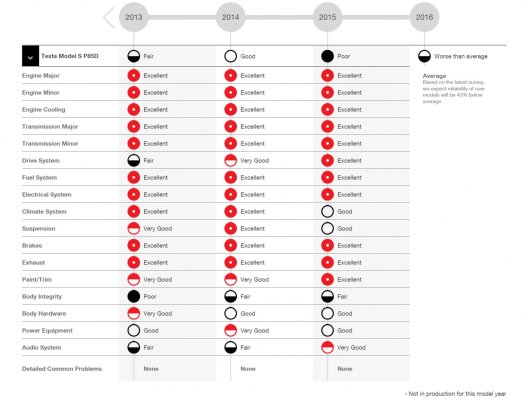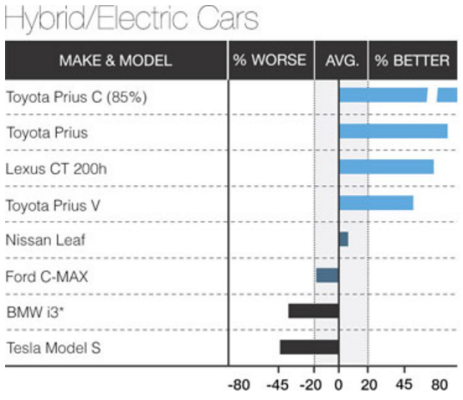Yeah, the headline is over the top, but that seems to be par for the course these days (and probably past days as well!).
But the article is still a mess, IMO. They jump around from 2020 and 2040, mention the 35% decline in batteries (source please?) in one year, and extrapolate that out for many years, and do that with other things as well. It doesn't work that way - geometric growth hits 100% pretty quickly.
And if their 35% number is correct for decline in 'battery prices', it appears to be for the
cells themselves, but cells need a whole lot of support stuff to make them reliable, safe power packs for cars.
The article says that 1/3 of the cost of an EV is the batteries - hmmm, so a $60,000 EV has $20,000 in batteries, so if the battery cost is cut in half it's still a $50,000 car. As incentives drop (only for the first X cars from a manufacturer), that's not a big delta.
And they make the oft repeated claim that EVs will get cleaner because the grid is getting cleaner. But that ignores some very important stuff. From the thread NW-Bound referenced:
.... EVs will add demand to the grid, and as long as renewable electricity is less than 100%, those EVs are tapping into the dirty electricity. It's a matter of marginal generation, averages don't matter much.
Another point they made - I took as a negative, rather than a positive. They said more people will be using Uber-like alternatives, so more miles/vehicle means you amortize the EV cost faster. OK, but then you need range - you can't be a car for hire if you have to stop and recharge for hours. And increasing the charge/discharge cycles lowers the life of the battery. Many ICEs can be expected to go 200,000 miles or more with no major engine work, but battery packs are unlikely to last that long.
And then....
we calculated the effect of continued 60 percent growth. We found that electric vehicles could displace oil demand of 2 million barrels a day as early as 2023. That would create a glut of oil equivalent to what triggered the 2014 oil crisis.
Ummm, no.
If we pull 2MBB/day out due to EVs, it will happen gradually and predictably.
Predictions like these are tricky at best.
But that won't stop us!

A couple other things to consider, that I've mentioned before - the rise in numbers of EVs won't match the miles directly. Long distance drivers, sales-people, and others need the range. EVs will be bought mainly be low-mile drivers.
And not everyone has access to 220V plugs. 110V isn't enough to fully charge overnight, many people park on the street, or in parking lots with no access to a cord. In Chicago, the single family homes have detached garages, connected to the alley. They might have a single 15 A circuit for a light/opener. That's a lot of places to convert to 220V hi-amp.
And all these articles act as if the ICE/hybrid are standing still. They are not. And battery price reductions help them as well.
Nah, not buying it - but we will see.
-ERD50


